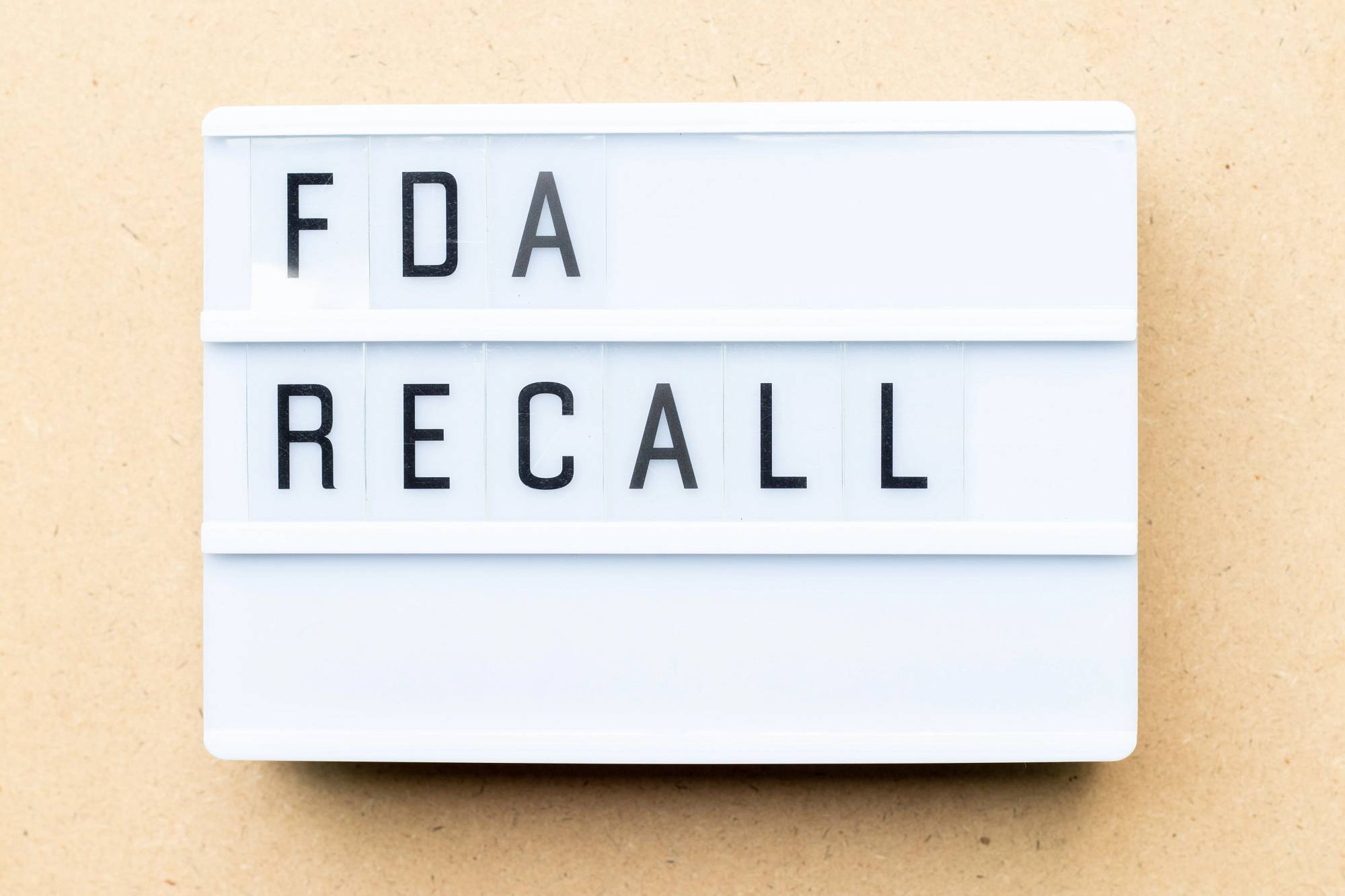FDA Compliance: Conducting a Recall
October 15, 2024
Conducting a recall is a time-sensitive process that requires an informed, strategic, and measured approach. When conducting recalls, companies must take the necessary steps to protect patients or consumers and comply with all legal and regulatory requirements. Conducting an effective recall is essential for mitigating the company’s risk—as civil and criminal lawsuits and regulatory enforcement action can expose companies to substantial liability.
Planning for the Possibility of a Recall
In managing recalls, an ounce of prevention is worth a pound of cure. By preparing for the possibility of a recall, companies can substantially mitigate the costs and risks involved and reduce the chance of mistakes and adverse consequences. Key preparatory steps include:
1. Developing a Recall Plan
All companies that sell FDA-regulated products must have a recall plan in place. The plan should include a complete list of steps to be taken, along with sufficient guidance so that company personnel can take action confidently and without risk of misinterpretation. Recall plans need to be custom-tailored to the FDA-regulated products being marketed, the scope of the company’s operations, and various other factors.
2. Assembling a Recall Team
Along with developing a recall plan, companies should assign recall-related responsibilities to their own employees and outside experts as necessary. Companies should keep their recall teams well-staffed and up-to-date, replacing former personnel with new employees and executives as necessary. Companies should also have FDA compliance counsel at the ready to provide assistance when needed.
3. Obtaining Recall Insurance
Recall insurance provides coverage for the costs of removing a product from the market. It can be an essential layer of protection for companies and a core component of an insurance portfolio. As with all forms of insurance, carefully negotiating the terms of a recall insurance policy is critical to avoid facing a coverage dispute in a time of crisis.
4. Communicating with Patients, Customers, and Suppliers
Timely and effective recalls are sometimes necessary to ensure that marketed products remain safe, effective, and compliant with FDA law and regulations. By proactively communicating with patients, customers, and suppliers, a company might be able to avoid FDA enforcement action. By prioritizing patient safety and regulatory compliance, companies can decrease recall-related costs and convey a sense of corporate responsibility.
Carrying Out a Recall
When the decision is made to carry out a recall, time is of the essence. This is where having a recall plan and team already in place pays dividends. While conducting a recall is highly circumstance-specific, key steps involved generally include:
- Implementing the recall plan and activating the recall team
- Notifying outside counsel and working with counsel throughout the recall process
- Evaluating risk to patients or customers and assessing risk mitigation strategies
- Determining whether sales should cease
- Determining whether to provide replacement products
- Assessing the company’s reporting obligations and communicating the recall plan to the FDA
- Assisting FDA with proper classification of the recall (i.e., Class I, Class II or Class III)
- Working with the FDA and other regulators to determine if the company’s recall strategy is acceptable
- Determining the necessity of a public relations (PR) plan, and executing a PR plan if necessary
- Identifying the root cause of the problem and developing a targeted corrective action plan (CAP)
- Determining the necessary steps to implement and complete the recall
- Determining the disposition of recalled product
- Ensuring that the issue that led to the recall has been fully resolved
- Ensuring that the company has adequate documentation of all aspects of the recall
Conducting a successful recall is about informed decision-making and ensuring that marketed products remain safe, effective, and compliant with FDA law and regulations. With a clear understanding of legal obligations and risks, and by communicating effectively with regulators, companies can achieve positive outcomes and move forward as efficiently and safely as possible.
Contact Us for More Information
At Gardner Law, we have extensive experience helping companies prepare for recalls and guiding companies through the recall process. This includes advising companies in crisis scenarios. Our recall team is led by:
To speak with an attorney on our recall team, contact us.